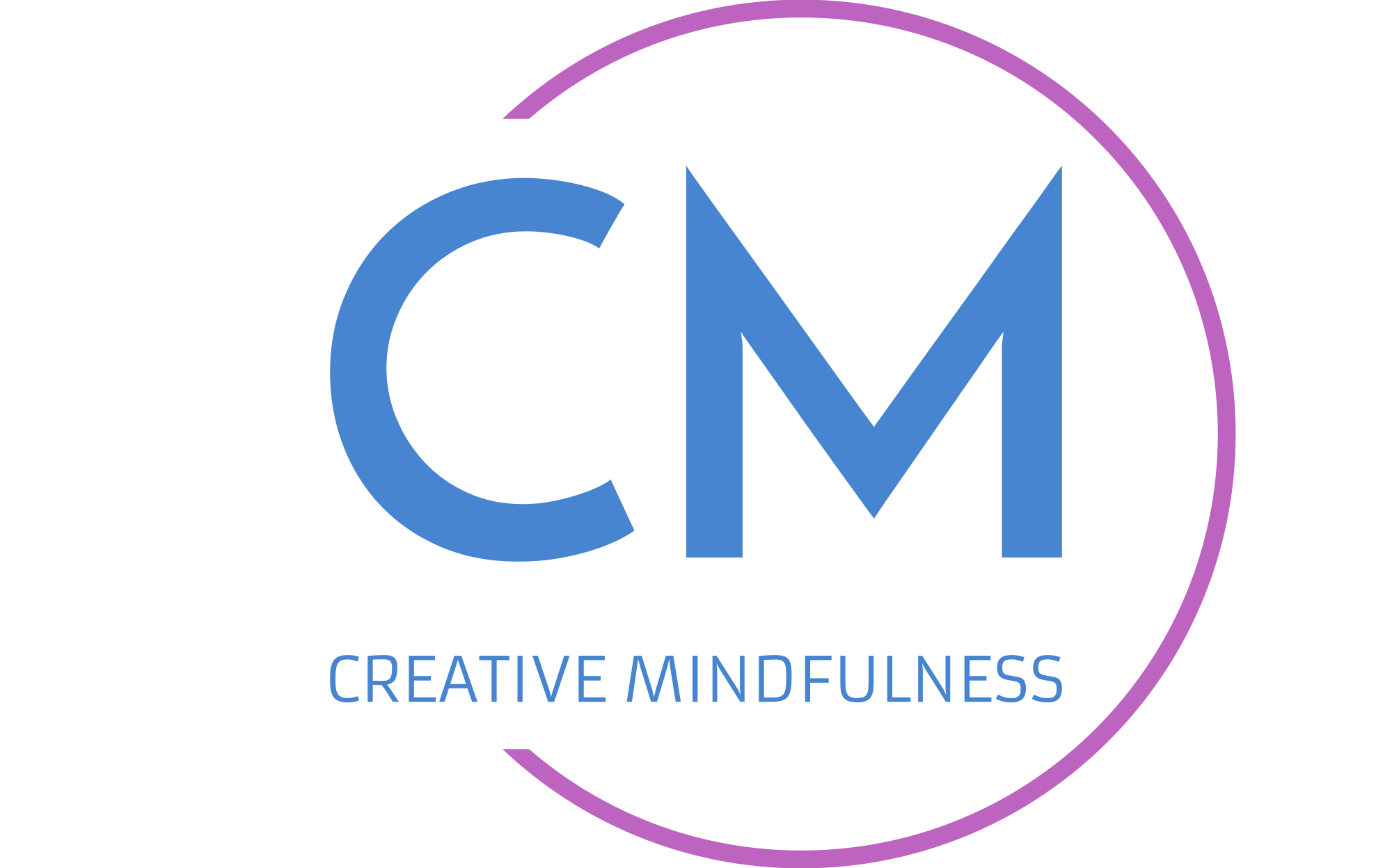Anxiety is considered to be a common reaction to stress. When anxiety becomes excessive, we can feel as if our situation is helpless and hopeless. The body prepares to deal with a perceived threat by preparing the physical body to produce symptoms including heart palpitations, tension, fatigue, shortness of breath, headaches, nausea, the fight or flight response. These somatic sensations are not harmful although they are extremely uncomfortable.
The person may experience emotional sensations such as a sense of dread, apprehension, trouble concentrating and panic, and usually comes without warning. Although the fear is generally irrational, the perception of danger is very real. The characteristics of being anxious, highly strung, nervous and emotional can occur in families who are described as having a heightened (biological) response to stress. These characteristics can increase if you have extremely high expectations of yourself (perfection), are highly sensitive to criticism, have many “shoulds” about how things should be, and have a strong need to feel in control.
Low levels of anxiety can become a response to the everyday ups and downs of life. Debilitating levels of anxiety tend to respond to ‘perceived’ stress. The mind and body then react by exaggerating the normal bodily reactions to stress from a brain and central nervous system that is hypersensitive. What follows then is that people are so distracted by the unpleasant emotions that they do not think straight. They make “emotional” decisions based on desperation, a sense of urgency and their fear of the uncomfortable feelings instead of accessing their rational or logical thought processes.
Fight or Flight?
We have often heard the words “fight or flight.” What does this mean, and how is it connected to anxiety? The fight or flight response is an involuntary, instinctive reaction to what we perceive as a real threat. It takes us back to the days of the cave man where they come face to face with a large bear. Your muscles tense up, heart beats faster, breathing becomes shallow as our body experiences the rush of adrenalin. Back then it was a much needed response when faced with physical danger on a daily basis. The person would decide if they could fight the danger, or run as your life depended on it (flight).
Unfortunately, when a person experiences anxiety in today’s society, your mind still experiences these physiological responses when there is a perception of threat even though the threat is emotionally based, it feels like you are being confronted by a dangerous beast.
The more exposure we have to the fight or flight response, the more exhausted you feel physically and emotionally. People who received help with their anxious thoughts and feelings learn to challenge their thoughts and replace them with more positive and helpful ones, and to understand and observe their feelings until they pass. Using the analogy of a looming storm (to describe the anxiety symptoms), the storm will have a beginning, middle, and end. The more you can learn to understand and master more helpful responses, the better you will become at recognising this process, that is, to be able to ride the storm out.
A particular event or situation can activate the fight/flight response, and depending on our reaction to the event, it becomes ‘learned’ and is stored in our memory for when we face the same situation later. For example, if you become anxious or afraid when you are in a shopping centre, and this in turn activates your fight or flight response, the next time you are at that shopping centre (and even if you are feeling okay) that response can become reactivated and can cause panic attacks. By learning to understand what the causes or triggers of your anxiety are, the more opportunity you have of overcoming it. Becoming aware that what you are experiencing is a learned response (triggered by something from the past) will help you overcome panic attacks or anxiety.
Beyond Anxiety
It is important to identify the negative thoughts and feelings we have learned which in turn affect how we behave and what actions we take.





